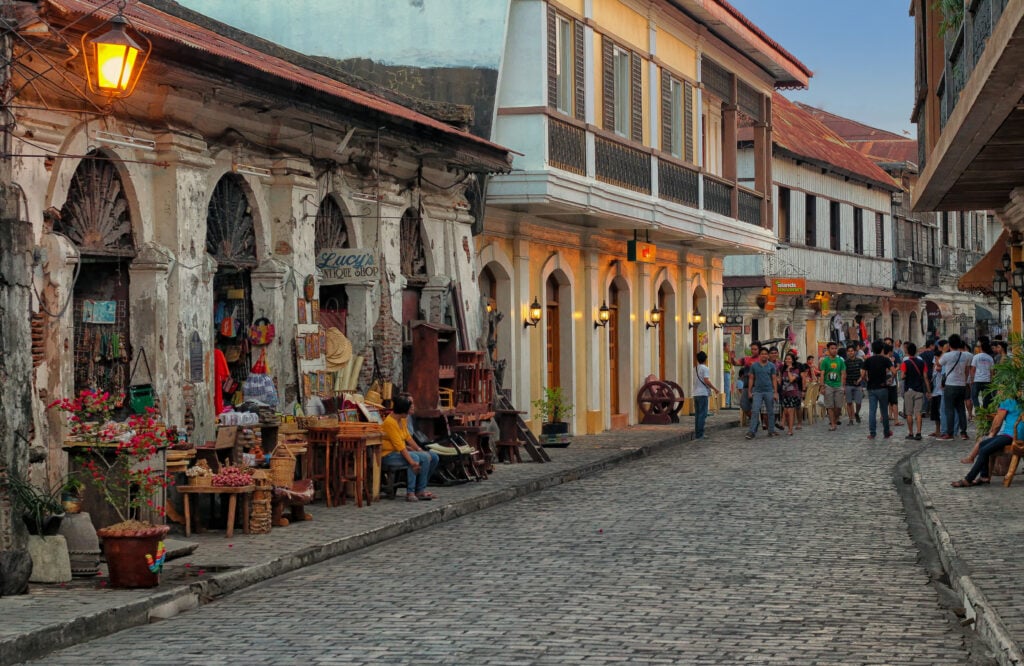Development Impacts of Civic Space Restrictions
Published: January 2025
As noted by the UN, civil society organizations (CSOs) are indispensable to achieving each of the Sustainable Development Goals (SDGs), including poverty reduction, combating inequality, addressing climate change, and ensuring access to quality education and healthcare. However, as of 2024, seven out of ten people live in countries with restricted civic space. In the Indo-Pacific region, governments are increasingly weaponizing laws and policies to restrict civil society.
Although the work of CSOs has long been presumed to have a positive impact on development outcomes, there are limited studies exploring the nature of these contributions and their impact. Few studies have also documented the effects of restrictions on civil society in harming social and economic development.
To remedy that gap, ICNL commissioned two studies to examine the relationship between civil society contributions and the SDGs – as well as the negative impact of civic space restrictions on humanitarian, development, and other socioeconomic indicators. Some of the groundbreaking findings are as follows:
On the link between an empowered civil society and development
States that respect the right to freedom of association generally demonstrate:
- Strengthened governance and institutions, including higher government effectiveness and judicial independence
- Economic stability and innovation, including reduced corruption and increased tax revenue
- Improved health and food security, including lower maternal mortality
- Greater access to quality education
- Greater gender equality and minority rights protections
- Better access to clean water, sanitation, electricity, and clean cooking fuels
- Better environmental protection, biodiversity, forest conservation, and access to clean technologies
Conversely, states that restrict civic space and limit civil society experience the following impacts:
- Economic losses, including lost job and taxation revenue
- Eroded investor trust
- Heightened economic inequality and volatility
- Unchecked land grabs and unsustainable industrial practices, impacting food security
- Heightened risk of gender-based violence
- Increased environmental degradation and deforestation
In addition to empirical and quantitative analysis, the studies examine cases from the Indo-Pacific region, to further illuminate how civic space restrictions have impacted development in the Philippines, Cambodia, Vietnam, India, and Pakistan. To read the reports, please click here for Stunting Growth, and here for Arrested Development.
